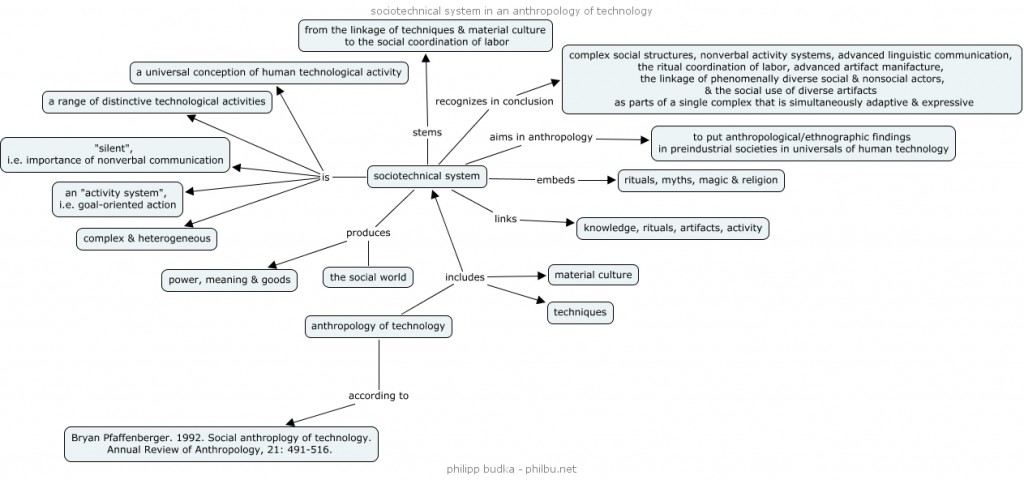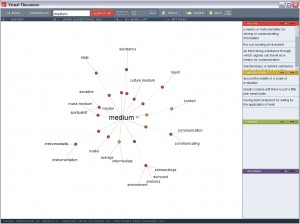Ideen und Anmerkungen zur Ethnographie als theoretischer und epistemologischer Forschungsansatz, die im Rahmen eines Jour Fixe der Gruppe Internetforschung am 09.01.2012 diskutiert wurden. Dabei wurde vor allem der Frage nachgegangen wie Ethnographie in der Internetforschung Verwendung finden kann.
Ethnographie ist eine Theorie des Beschreibens (Nader)
→ Kontext
→ Holismus → Imagination von Gesamt- oder Ganzheit
Ethnographie ist keine Methode (Ingold)
→ Ethnographie = beschreibende Integration (durch Kontextualisierung)
→ Ethnographie = Praxis verbaler Beschreibung
Praktische Aspekte / Probleme einer Ethnographie
→ Prozess der teilnehmenden Beobachtung
→ Inklusion der Forscherin / „Wir & die Anderen“
→ Wandel in Zeit & Raum
→ Hierarchien von Kontexten
Ethnographie & Interdisziplinarität (Strathern)
→ Interaktion von Disziplinen
→ Kontextspezifika entscheiden über Ethnographie → Schaffung von Kontext
→ Multi- → Inter- → Transdisziplinarität → von „information-sharing“ zu „knowledge-creation“
Literatur:
Ingold, T. 2008. Anthropology is not ethnography. In: Proceedings of the British Academy 154: 69-92. Online: http://www.proc.britac.ac.uk/cgi-bin/somsid.cgi?page=154p069&session=825683A&type=header
Nader, L. 2011. Ethnography as theory. In: HAU: Journal of Ethnographic Theory 1(1): 211-219. Online: http://www.haujournal.org/index.php/hau/article/view/34
Strathern, M. 2005. Experiments in interdisciplinarity. In: Social Anthropology 13(1): 75-90.

